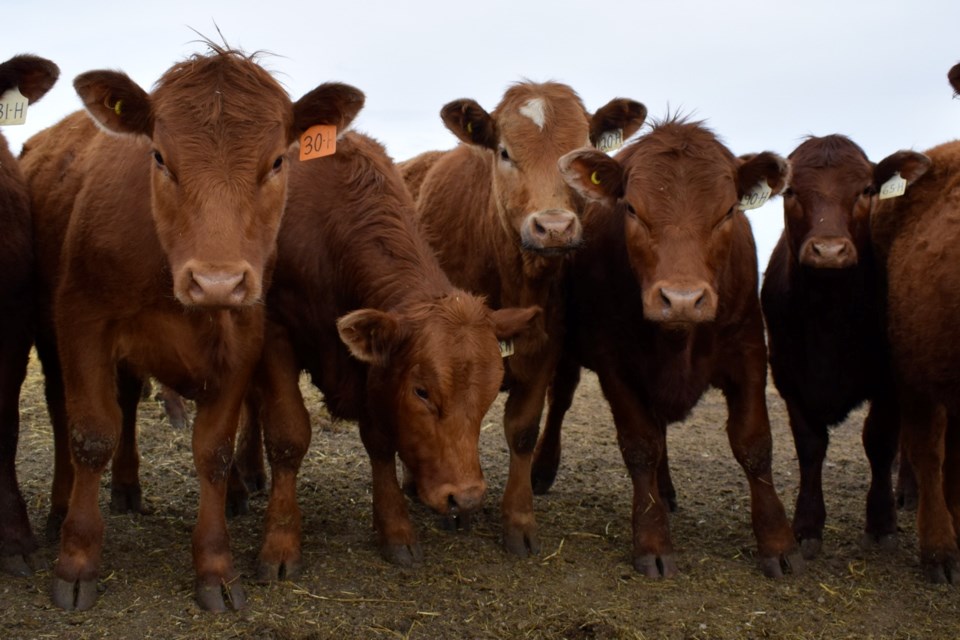Starting in 2030, Denmark will impose a groundbreaking tax on livestock farmers for the greenhouse gases emitted by their cows, sheep, and pigs – key sectors in the country’s agricultural economy. This makes Denmark the first nation to implement such a tax, targeting a significant source of methane emissions, one of the most potent contributors to global warming.
Danish livestock farmers, who do not control their own pricing, will face a tax of approximately C$58 per ton of carbon dioxide equivalent, increasing to around C$145 by 2035. However, with a 60 percent income tax deduction, the effective cost per ton will start at about C$23 and rise to about C$58 by 2035.
Methane, which traps about 87 times more heat than carbon dioxide over a 20-year timescale, has seen rapid increases in levels since 2020. According to the U.N. Environment Program, livestock accounts for approximately 32 percent of human-caused emissions. This is likely why Denmark is moving ahead despite New Zealand’s government having to abandon similar plans due to farmers’ protests.
Given Canada’s track record of adopting environmental policies without fully considering their impact, many Canadians have every reason to believe we could be next. With Environmental and Climate Change Canada heavily influenced by well-resourced environmental lobbyists, farmers may find themselves at a disadvantage. Urban-centric environmental policies have prevailed under the Trudeau regime, often implemented without a comprehensive understanding of their impact on food security and affordability. A new tax on methane emissions could be the next challenge to our food industry.
The Danish tax on methane emissions unfairly targets specific diets. Meat lovers and cheese enthusiasts, who have enjoyed centuries of culinary artisanship, will face financial penalties. These foods have shaped many cultures worldwide and highlighted the importance of agriculture for centuries. Transforming plants into animal proteins has always required dedication and ingenuity, even if our modern lifestyles don’t always appreciate it. Animal proteins are part of our heritage, bringing people together and serving as a powerful uniting force.
The Danish tax is the first time a government has deliberately targeted specific agricultural sectors, and it’s a misguided approach. Reducing methane emissions is critical, but before compromising a nation’s food security, governments should first seek to lower emissions in other sectors and exclude agriculture. Food is not only essential for our survival but also deeply embedded in our culture and traditions. Safeguarding the planet is crucial, but so is preserving our food mosaic and dietary heterogeneity.
Reducing methane emissions is a worthy objective, but unless we understand how these policies impact our nation’s food security, moving forward with such measures is both reckless and disrespectful towards farmers and food companies that have provided us with great animal-protein-based products for centuries.
It is imperative that Ottawa not draw inspiration from Denmark on this issue, as its approach to regulating the livestock industry has significant flaws.
Dr. Sylvain Charlebois is senior director of the agri-food analytics lab and a professor in food distribution and policy at Dalhousie University.
©




